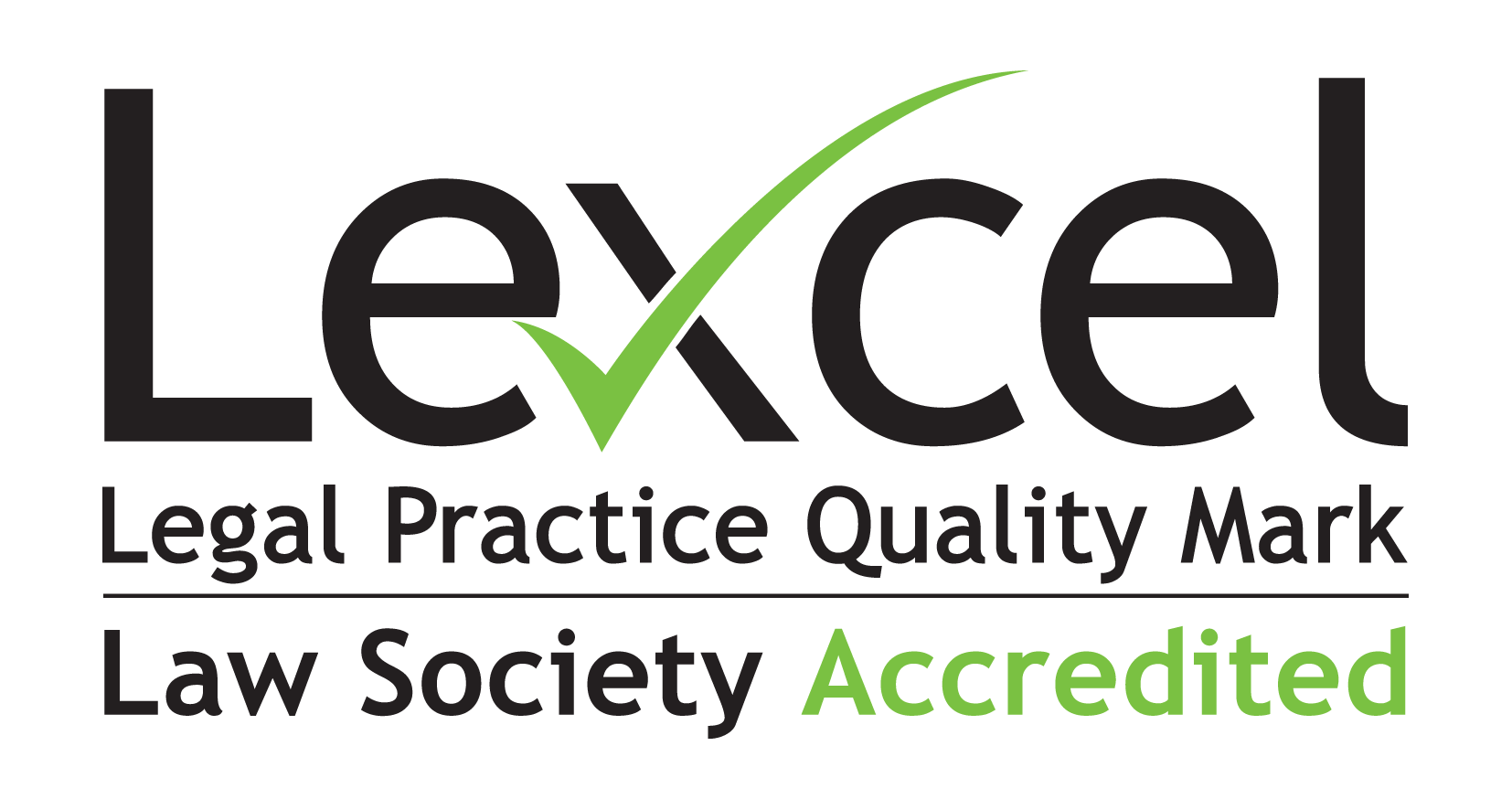Just because a document is not properly executed does not mean that all rights are necessarily lost, as a recent case in the Supreme Court illustrates.
It involved a bank which had a mortgage over a family home. The family wished to pay off debts and decided to sell the house and move to a smaller property, releasing funds to clear their indebtedness.
The bank agreed to 'transfer the mortgage', but the paperwork to do that was not executed properly.
The situation became an issue when the family decided to give the new home to a daughter, who sought the removal of the bank's charge from the register at the Land Registry.
The bank conceded that the purported documentation was invalidly executed, and was therefore void, but was successful in its argument that it had a right to retain its charge under the law of equity, as to remove it would 'unjustly enrich' the daughter.





